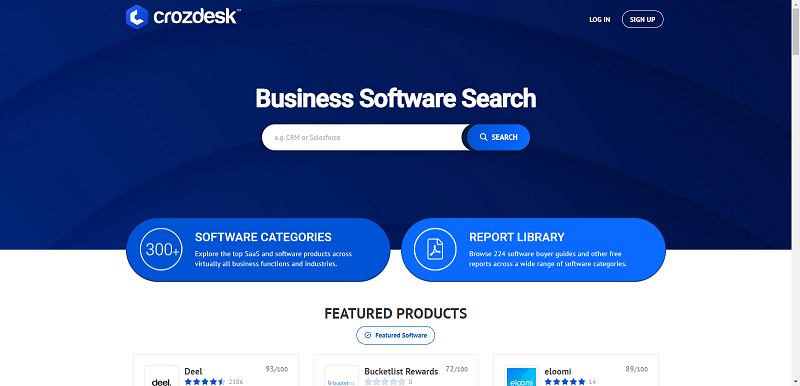(Updated: 11.03.2020)
Right now privacy is a hot topic on LinkedIn posts, especially as it pertains to compliance with the General Data Protection Regulation. As a board advisor at Universal Patient Key, we’ve often talked about why being pro-privacy is good for today’s organizations. Here’s why:
Our digital economy is becoming increasingly data-driven and intimate. Analytics and the insights they enable are derived from other people’s data. In order to derive meaningful insights organizations need to purchase large sets of data from a supplier. And, as those organizations purchase data they go on to own increasingly large datasets. However, most organizations have not beefed up their data security or privacy handling practices despite this growing reliance on datasets.
Implementing strong privacy policies and practices helps protect intellectual property and trade secrets and most importantly customer relationships. If consumers feel betrayed or a lack of trust, they can always choose to stop sharing their data or to no longer use your platform. Most consumers have also begun to understand that they are effectively bartering their data in exchange for some kind of utility such as free or cheaper access to a service or some sort of rewards or points system for retail. Added to this, data quality has started to become an issue. Since there are countless abuses of privacy, people are starting to provide erroneous data to protect themselves, which in turn decreases the value of these databases.
Provided is an infographic by Clario that analyses the personal data tracking from some of the world’s most well known brands.
Once an organization recognizes the value of privacy, they can begin to be open and honest about how they collect, use, and share personal data. Privacy helps individuals maintain their autonomy and individuality. People define themselves by exercising power over information about themselves. When organizations are transparent it fosters goodwill that encourages users to feel safe about sharing their data. Organizations that create a culture of privacy will find that it will be easier to bake privacy design into products and into the oversight of partners and vendors, creating fewer opportunities for breaches or misuse of information.
We should not have to wait for regulation to drive us into a pro-privacy stance. Privacy is what your customers will value and expect from you.
By Evelyn de Souza





